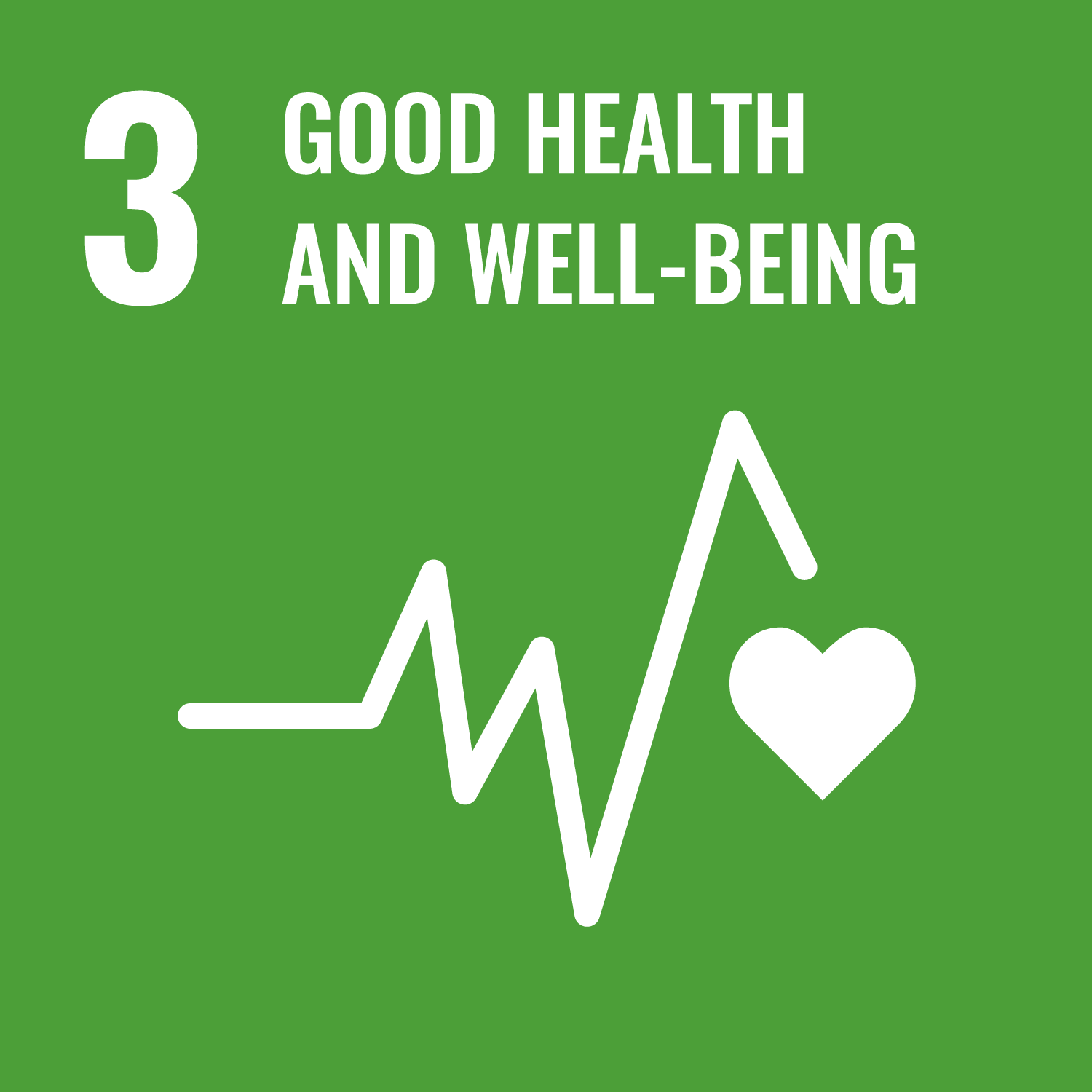This academic article looks at the role of transnational funding of LGBT advocacy in Singapore and Malaysia. The author examines the effectiveness of such funding in the context of anti-LGBT sentiment in both Singapore and Malaysia which is framed in terms of anti-Western encroachment and influence from the global North. The article uses three case studies: Pink Dot Singapore, the PT Foundation and Kuala Lumpur activist workshops in Malaysia to assess the effectiveness of transnational funding of LGBT advocacy.
The article opens with a discussion of the development of transnational funding of LGBT advocacy. It also addresses the critiques of such funding. The article then looks at the historical and current context of what it is like to be LGBT in Singapore and Malaysia. The article highlights that homosexuality is currently illegal in both countries. The methodology of the research, which involved interviews with 20 Singaporean and Malaysian LGBT activists, is then outlined. Following this, the three case studies are examined in detail. The author notes that the case studies reveal that there is a growing number of LGBT-related issues that now attract transnational funding and that there is an increase in the type of entities which transnationally fund LGBT advocacy.








